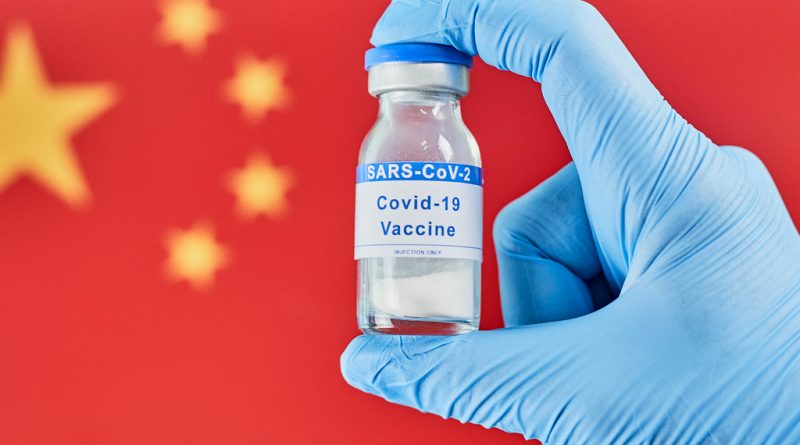FOCUS on Vaccine Diplomacy: China
Mia DiPaola
Staff Writer
Over a year after the world first felt the effects of the COVID-19 pandemic, countless vaccines have been produced at record speed. Vaccine diplomacy, the practice of using shots to enhance a country’s regional ties and global status, provide nations like China the opportunity to flex their diplomatic muscles by using resources and development to their advantage. If vaccine diplomacy is a competition, then China is winning.
The vaccines developed by China are an attractive alternative to many Western jabs. The BBC reports that unlike its Western alternatives from Moderna and Pfizer, both Sinovac and Sinopharm vaccines can be stored in a regular fridge and do not require extremely cold temperatures. Additionally, instead of using new and unproven mRNA vaccines, the Chinese shots are inactive vaccines, meaning that dead COVID-19 particles are injected into the body.
However, there are some concerns preventing countries from jumping on the China train. Foreign Affairs reports that, unlike many Western vaccine alternatives, questions remain about the safety and effectiveness of the three Chinese vaccines currently in use. There is only limited information available from Phase 3 clinical trials, and results from trials in China and other countries have yielded disparate results. Disclosures from China are slow and spotty, with some even questioning the validity of the trials China released.
While China claims it is not using vaccine diplomacy, it has delivered “vaccine aid” to 53 countries and exported vaccines to 27 others, though in small amounts, says the Associated Press. Countries ordering vaccines from China are classified as low- and middle-income. Mr. Guo Weimin, a spokesman for the Chinese People’s Political Consultative Conference, called claims that China is using its vaccines to “expand [their] geopolitical influence” is “narrow-minded,” reports Reuters. Chinese President Xi Jinping echoed this sentiment, promising to make his nation’s vaccines a “global public good.”
South China Morning Post reports that one facet of China’s vaccine diplomacy includes a plan to vaccinate all nationals abroad and the implementation of a digital health passport. In addition to donating vaccines to other countries, China plans to set up vaccination stations and offer Chinese vaccinations in other countries. Analysts say these efforts are “aimed at improving China’s image across the world.”
The West, China, and Russia are fighting a battle for influence in Central Europe and the Balkans. It seems that in the meantime, China gained a leg up on the competition as Serbia and Hungary now depend largely on China’s vaccines. According to an additional Associated Press report, Serbia was the first European country to use vaccinations from China, which purchased 1.5 million doses of the Sinopharm vaccine. Hungary followed in Serbia’s footsteps, approving the Sinopharm vaccine after delays in shots from the European Union. China’s aid fans the anti-EU flames that already burn strongly in these countries’ populist leaders, who are outspoken against the EU.
According to the Washington Post, many developing and low-income countries are turning to China after being shut out of Western markets. Ms. Jennifer Huang Bouey, a China expert and epidemiologist, claims that “COVID can be a real game-changer for China.” China has “never seen such large international demand for their pharmaceutical products,” making this a prime opportunity to win over clients who desperately need aid in low-income countries. For China, which has historically seen little international interest in its pharmaceutical products, success with its vaccinations could now lead to profit later.
Foreign Affairs says that China’s vaccine diplomacy appears to focus on rehabilitating its global image, which took a hit following criticism the country received last year at the outbreak of the pandemic. Through the release of vaccinations, China “is looking to showcase its global health leadership to lower- and middle-income countries, where it is distributing vaccines.” By offering vaccinations to countries that failed to receive the promised shots from the U.S. and other Western nations, China demonstrates its strength and value as an ally.



